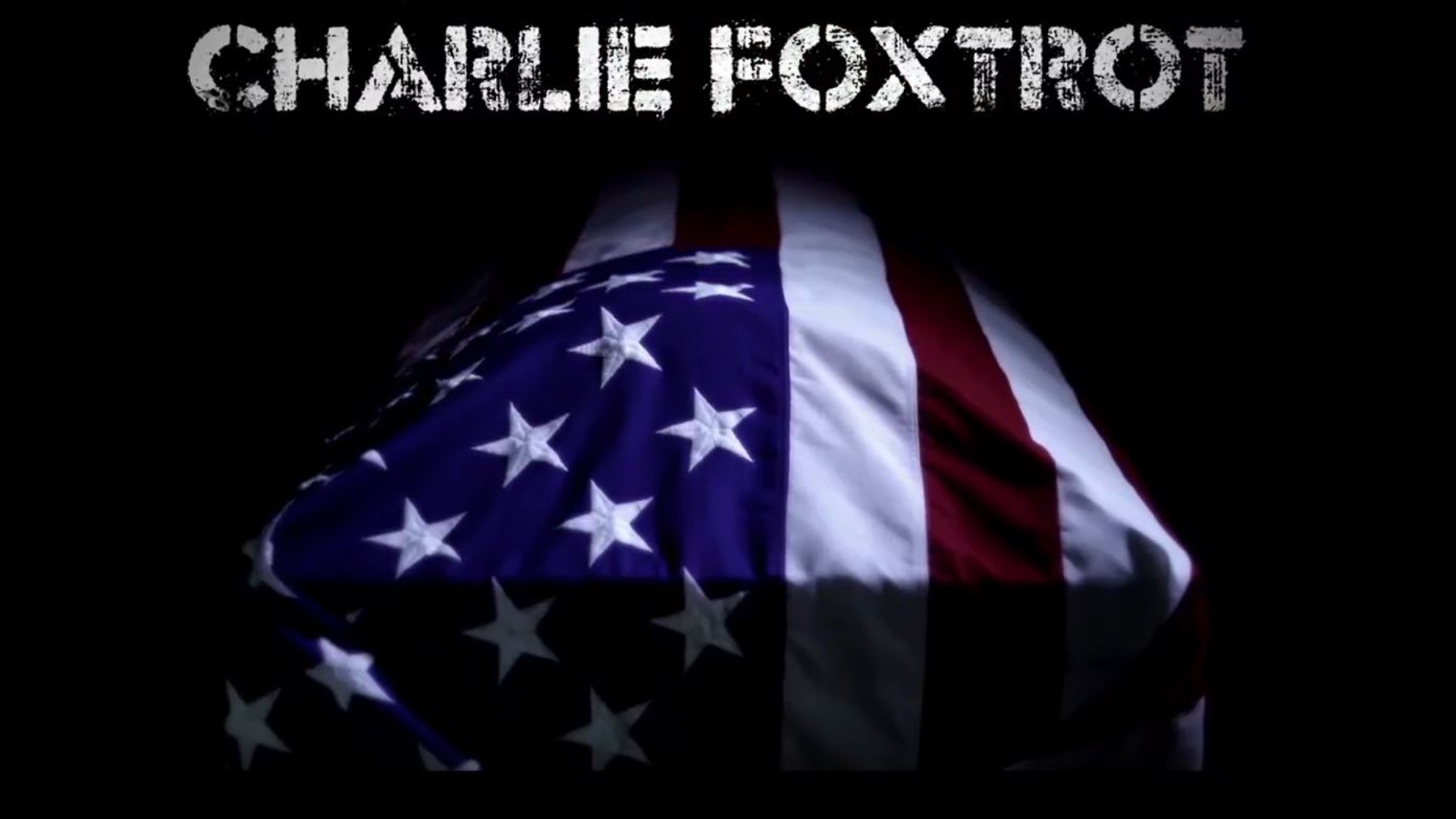SACRAMENTO, Calif. — September is National Suicide Prevention Month. Military OneSource and the U.S. Department of Veterans Affairs have teamed up to provide resources to veterans experiencing homelessness and thoughts of suicide.
The COVID-19 pandemic has increased feelings of isolation, which increases the risk of suicide.
"When we sit in that negative stress for a really long time it really can affect us in all different ways. Physically, emotionally and can affect our behavior causing us to isolate," said Michelle Aldana, the program analyst with Military Community Support Programs for Military OneSource.
Military OneSource is an avenue for stress, assisting with everything from relationships to financial stressors. Family counseling and mental health resources are available as well as career, health and wellness coaches.
"You've got to go through it to get through it and when you go through it you'll have the tools that will be able to help," said Aldana.
Veterans remain at a 53% higher risk of committing suicide than non-veterans. The Department of Veterans Affairs provides 24/7 hotlines to assist veterans experiencing a mental health crisis.
"If you get in a place where it's too overwhelming and it's a lot and you feel like you are in a crisis or having thoughts that scare you, you can contact the Military Crisis Line at (800) 273-8255 or text 838255 to start a conversation with a counselor," Aldana said.
There is a relationship between homelessness and suicide risk, according to Dr. Ryan Holliday with VA Rocky Mountain MIRECC for Veteran Suicide Prevention.
"It's tragic that veterans who served our country are on the streets," said Dr. Jack Tsai with the National Center for Homelessness Among Veterans.
According to Tsai, the homeless population consists of 100,000 veterans annually.
There are clinical and community-based interventions to help with suicide prevention, according to Dr. Matthew Miller, director of Mental Health and Suicide Prevention.
"The biggest risk factor is in the lack of connection, and for that, we have resources. The Homeless Call Center and Veteran's Crisis Line are used to assess risk and come up with a plan to set up services and pursue additional resources," Miller said.
The Veteran's Crisis Line and the Homeless Call Center are free, anonymous confidential resources available to anyone experiencing a mental health crisis, homeless, or at risk of being homeless.
RELATED:
WATCH ALSO:



















